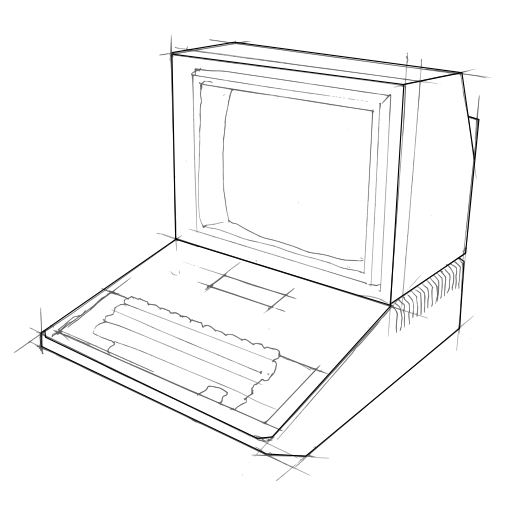For the last few months I have been helping my friends Rodney Glick (Artist) and Moshe Y Bernstein (Rabbi) with the technical aspects of one of Rodney's artworks. The artwork, entitled "Master Of Prayer" will be showing among many other fascinating works in Rodney's exhibition. It opens tommorrow night (Thursday), 6pm at the Lawrence Wilson Art Gallery at the University of Western Australia. I'm really excited about this project. I got to use Pure Data, voice synthesis (Mbrola), and a network based pseudo-AI to help Rodney and Moshe create a really compelling and thought provoking artwork. Here's the blurb that Moshe wrote about it:
"In the Jewish tradition the full prayer service can be performed only in a quorum of ten adult males known in Hebrew as a minyan. The main part of the service, which occurs three times daily, is the Shmona Esrei, or Eighteen Benedictions. These blessings are first recited silently by the entire congregation. Afterwards, during the morning and afternoon liturgies, they are repeated aloud by the cantor, often referred to as the Ba'al Tefillah or 'Master of Prayer'. In orthodox Judaism any male, whether layman or cleric, over the age of thirteen can lead the prayers. During the repetition of the Shmona Esrei, also called the Amidah, or 'standing prayer', the congregation answers responsively to each of the benedictions recited. In this installation each computer has been individually programmed to respond to the blessings recited by the main computer, the 'Master of Prayer', leading the afternoon Mincha service. Though the installation appears to parody the human condition of prayer by rote, on a deeper level it asks a haunting question about the inherent nature of artificial intelligence. The Jewish sages require kavannah, or 'proper intent' for prayer to be truly acceptable. To the extent that computers can be programmed to 'think', might they not be programmed to this 'proper intent' as well? In a tentative answer to that question, 'Master of Prayer' can be experienced as a high-tech, Jewish version of the Tibetan prayer-wheel or Christian rosary beads."
